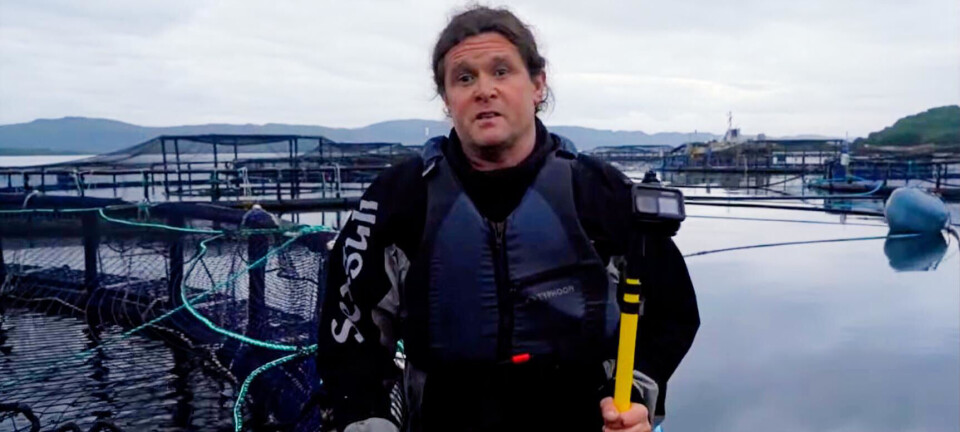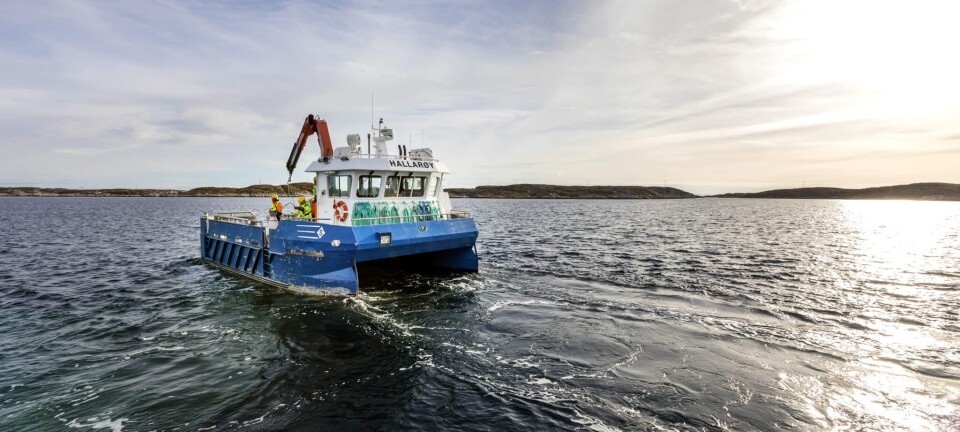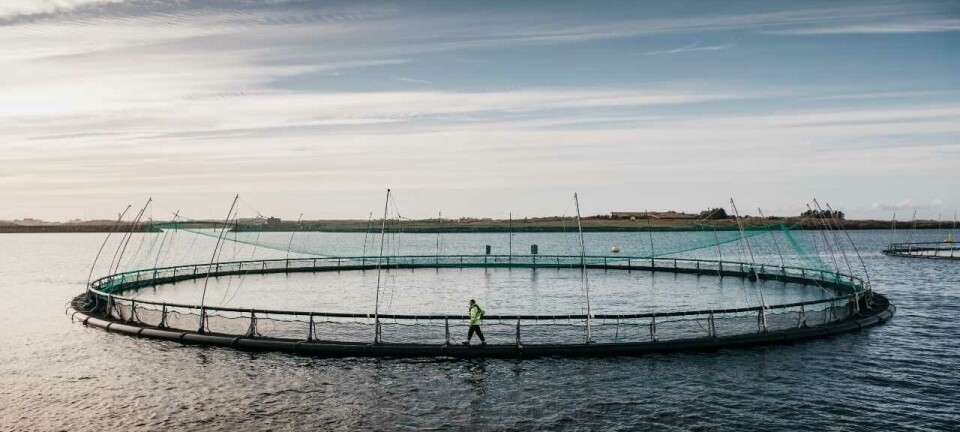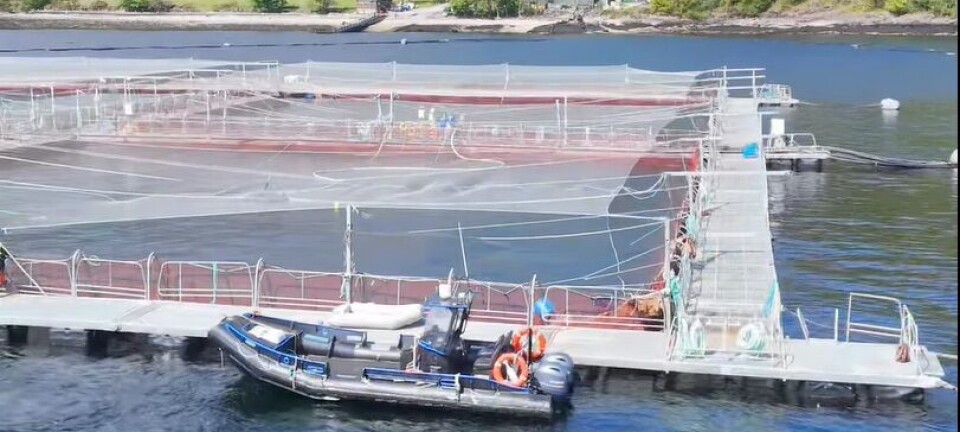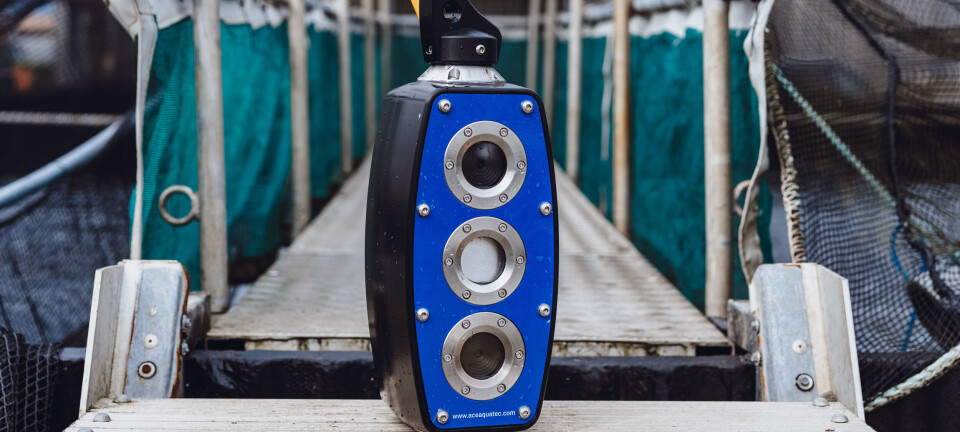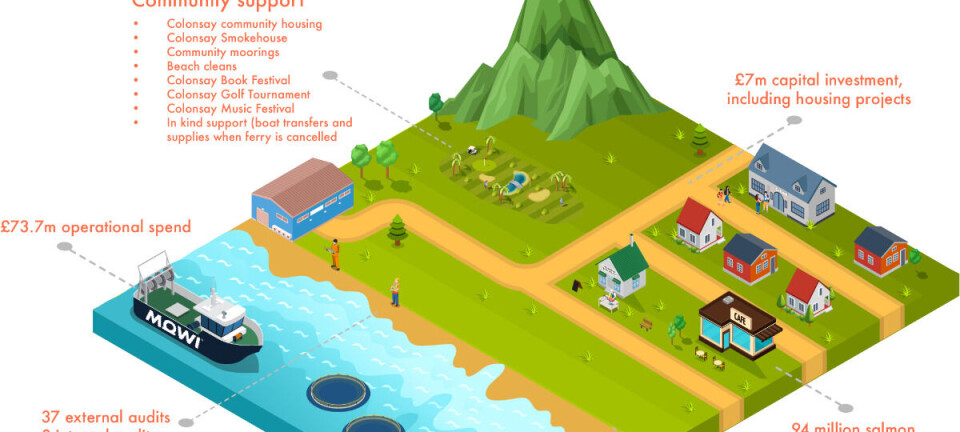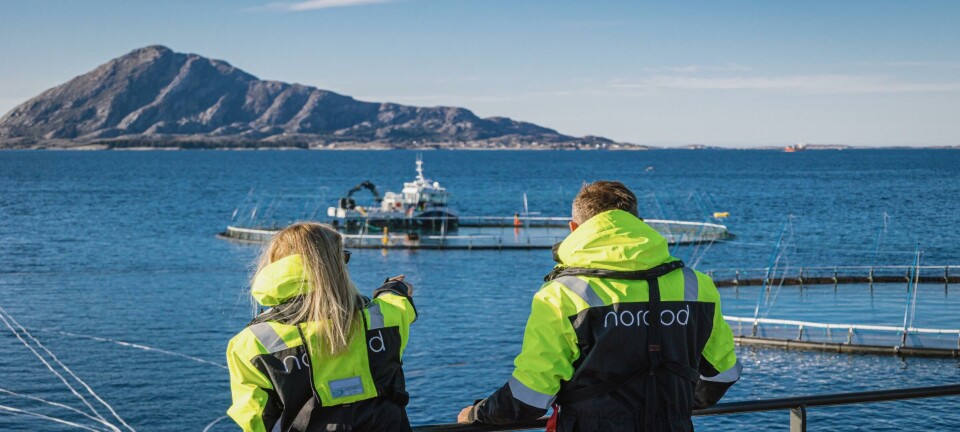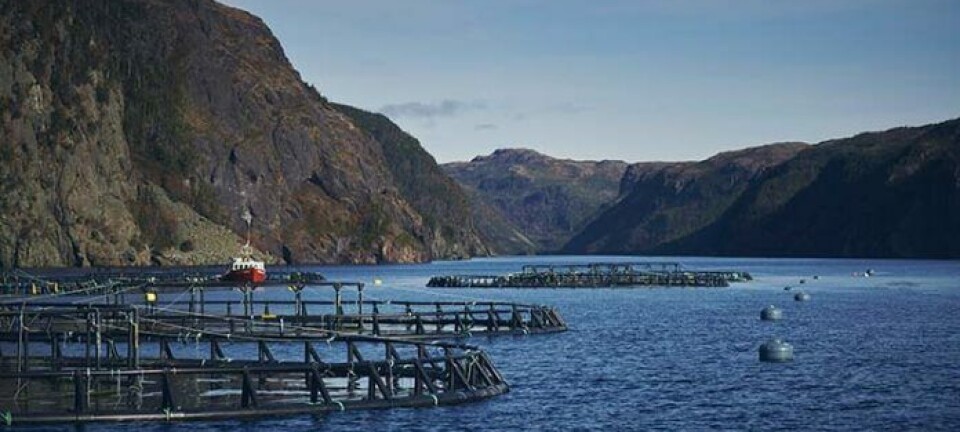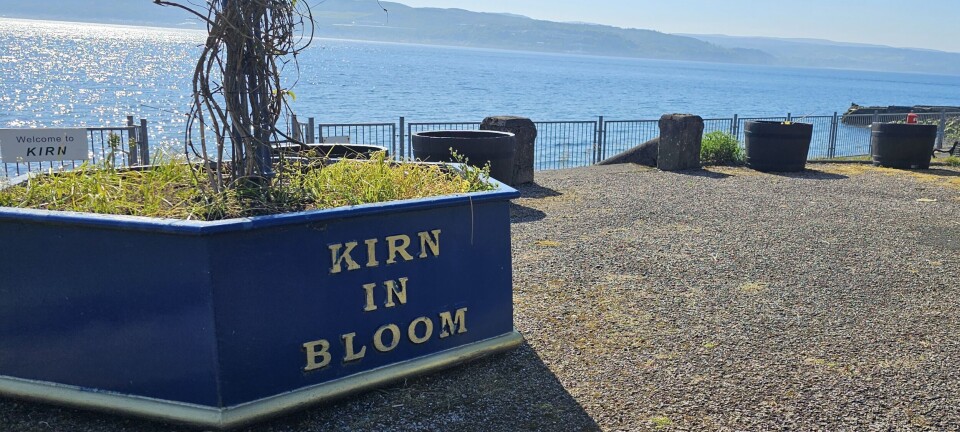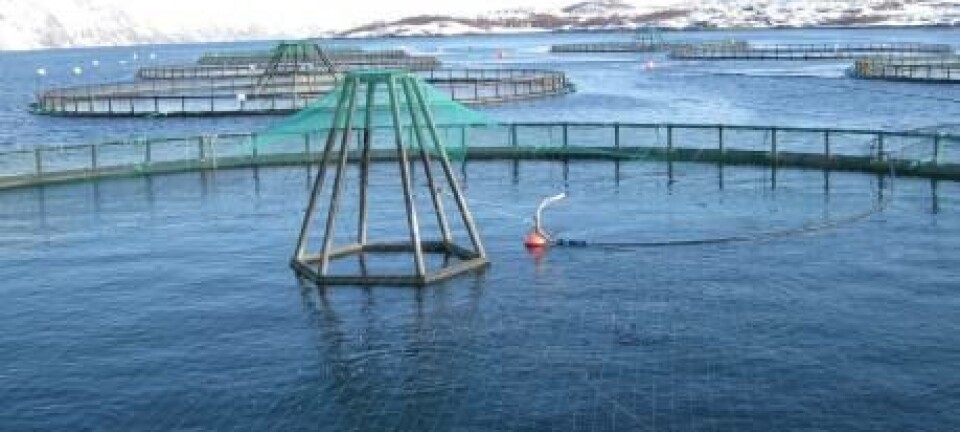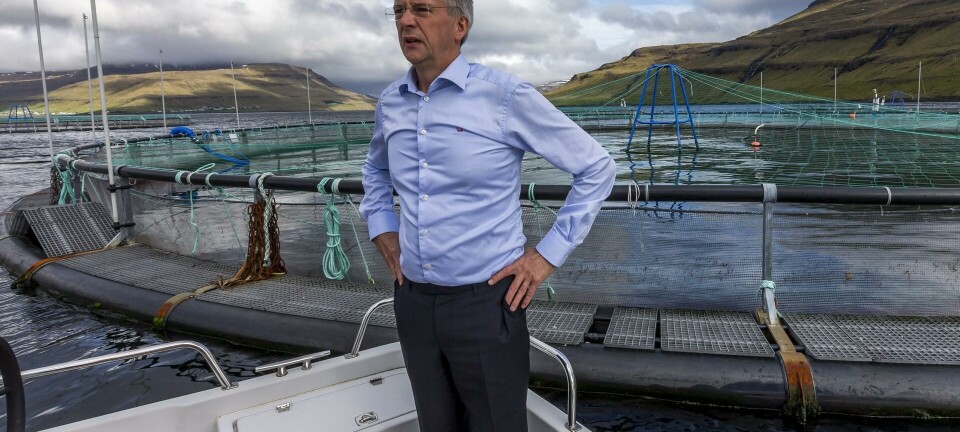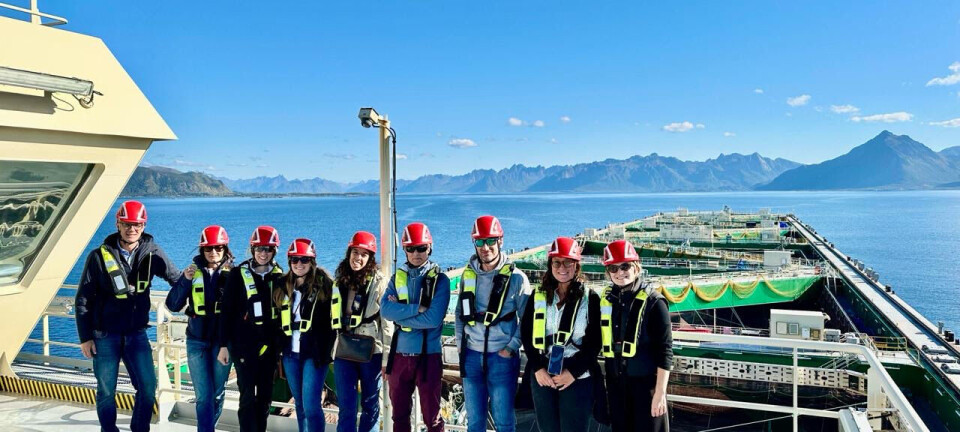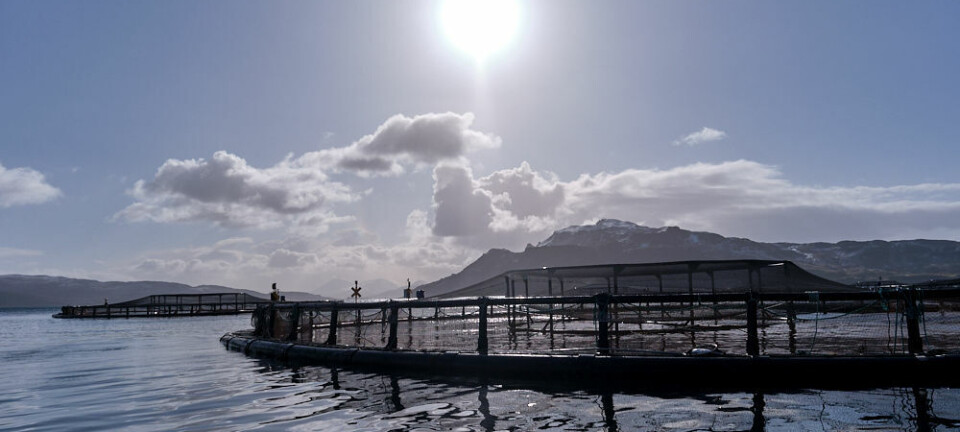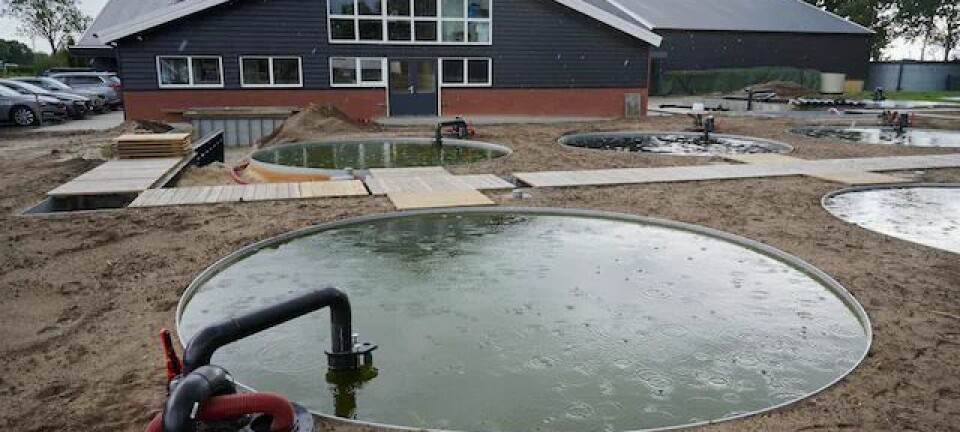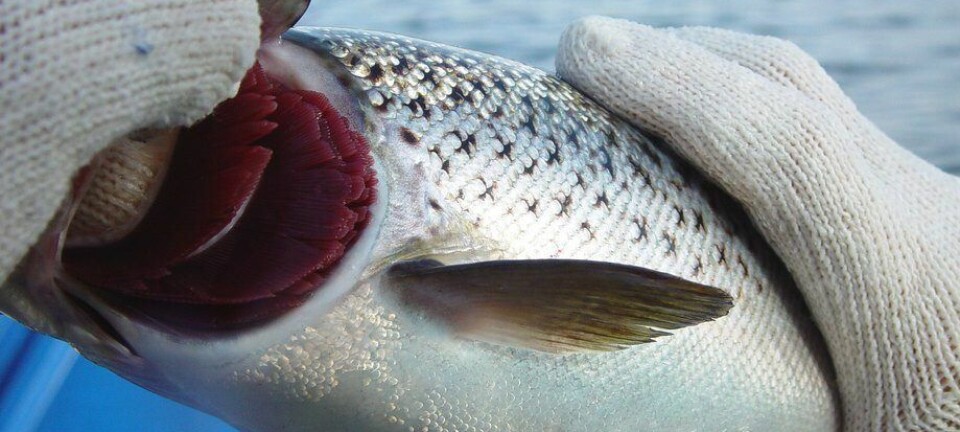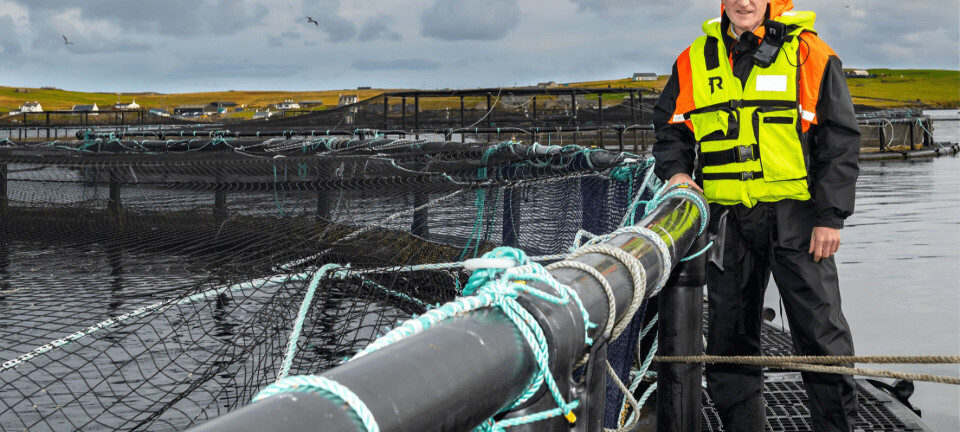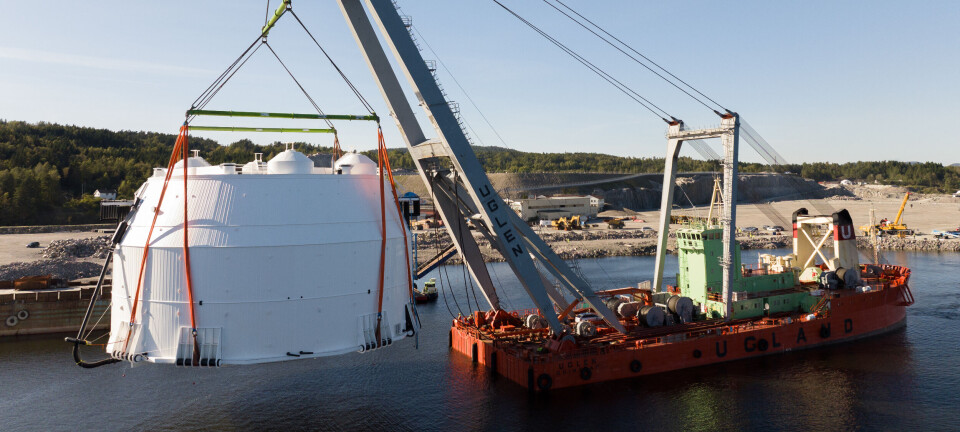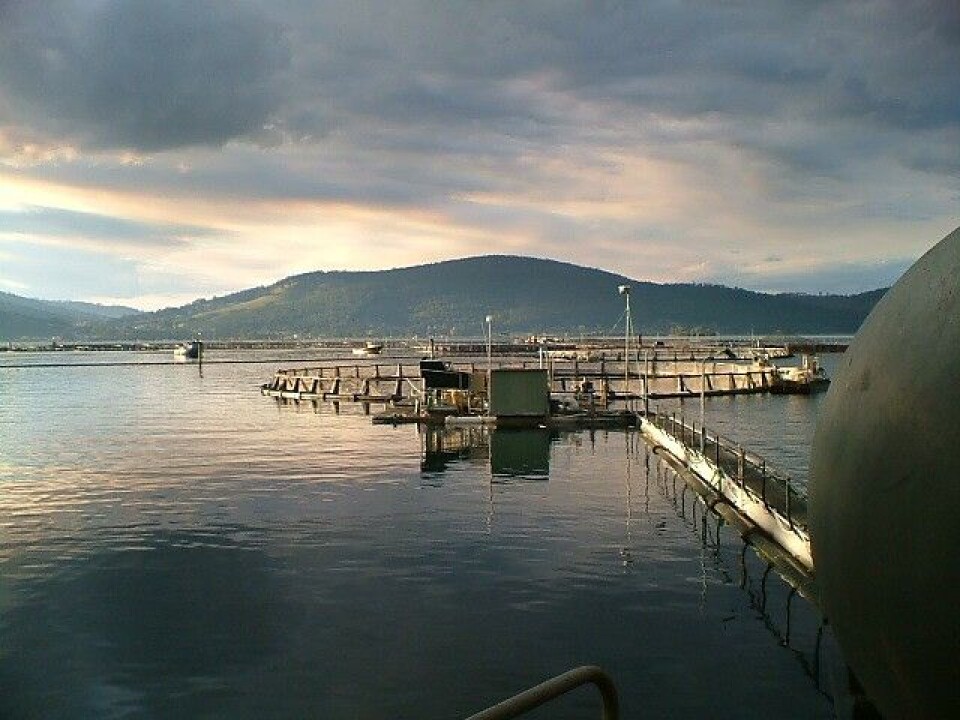
Four new salmon farms approved
Other jurisdictions such as British Columbia would be happy to have four new salmon farm licenses issued, but the New Zealand company is likely disappointed. Rachel Devine and Daniel Clay of the Association of Corporate Counsel member Minter Ellison Rudd Watts provide more details of the decision;
Following a nine-week long hearing in Blenheim late last year, a Board of Inquiry has released its draft report and decision on a proposal from New Zealand King Salmon Co. Limited (NZ King Salmon) to establish nine salmon farms in the Marlborough Sounds. NZ King Salmon’s proposal consisted of a plan change request and nine applications for resource consents. Eight of the proposed farm sites were new, with one site currently consented for mussel farming activities. The Board’s draft decision approved four of the proposed farms and declined the remaining five. We outline below some of the key issues discussed in the Board’s draft report, the main reasons for declining five of the applications and some interesting aspects of the Board of Inquiry process. Of particular note, this decision highlights the importance of effects assessments and the application of adaptive management where effects are uncertain.
Key issues discussed in the Board’s report
Unsurprisingly, the principal effects contested by witnesses and submitters at the Board of Inquiry hearing included economic benefits, ecological effects including effects on the benthos and water column, effects on natural character, landscape characteristics of the Sounds and visual amenity and navigation and fishing impacts. A range of other issues were also raised by submitters during the course of the hearing including the application of the precautionary principle and adaptive management, the integrity of the Marlborough Sounds Resource Management Plan (Sounds Plan), alternative options to produce salmon, the privatisation of public space versus rights to use the public water space, consultation, precedent effects and cumulative effects.
The precautionary principle and adaptive management
One interesting issue that the Board had to deal with at the hearing was the application of the precautionary principle to the proposal and the management of environmental effects through adaptive management. NZ King Salmon’s proposal contained a number of adaptive management methods aimed at maintaining environmental effects within acceptable limits, including:
- Staged development –development of the sites in a staged manner, with expansion contingent on compliance with pre-defined seabed and environmental quality standards (EQS), and on regular reviews of monitoring results.
- Tiered approach – monitoring effort increases if and when the activities approach or exceed the EQS or in response to other identified environmental issues. Likewise, monitoring intensity may decrease with evidence of sustained compliance and stability.
- Ongoing adaptive management – the farms are managed adaptively long-term, in response to environmental monitoring results. Any breaches of consent conditions will be addressed and management responses implemented to ensure the farm becomes compliant. Any other adverse effects identified through monitoring can also be addressed by adaptive management approaches.
The Board acknowledged that the use of adaptive management in New Zealand has developed through a number of Environment Court cases dealing with the impacts of proposed mussels farms, and has since been applied in a range of other contexts. It stated that adaptive management is a precautionary technique that provides a pragmatic way forward, enabling development while securing the ongoing protection of the environment, in complex cases when there are ecological or technological uncertainties as to the effects of the proposal. Of interest, NZ King Salmon accepted that adaptive management should be applied, which is an acceptance of uncertainty about environmental effects. The Board took the view that in order for adaptive management to be appropriate there must be:
- good baseline information about the receiving environment;
- conditions which provide for effective monitoring of adverse effects;
- thresholds which are set to trigger remedial action before effects become overly damaging; and
- effects that might arise which can be remedied before they become irreversible.
The Board sought to apply an adaptive management approach to the proposal in the context of the above principles. It found that a number of uncertain adverse environmental effects could be adequately identified, assessed and managed through NZ King Salmon’s proposed adaptive management consent conditions (with some changes proposed by the Board). However, the Board did not accept that adaptive management could always be used to ‘fill the gaps’ in an assessment of environmental effects. For example, the Board described NZ King Salmon’s failure to assess and model the effects of its proposed increases in feed levels over time as an “astonishing gap in the prediction of effects [which] cannot be explained away by emphasising that the modelling is conservative and nor can it simply be filled by invoking adaptive management”.
In some instances, the Board was influenced by the degree of uncertainty of effects to the extent that parts of the request were denied – for example, the Board stated that its decision to only grant two of the farms sought in the Waitata Reach area was partly underpinned by the unresolved uncertainty and risk regarding the effects on the water column if all the farms were approved.
Main reasons for declining five of the applications
After taking into account all of the relevant considerations under the RMA, the Board was satisfied that the proposals for the Papatua, Waitata, Rishmond and Ngamahau farms should be granted. The Board noted that while some adverse effects will arise, they could be adequately managed through the proposed conditions of consent and approving the four farms would strike the right balance between the economic and social well-being and the potential adverse effects of the proposals.
The reasons given by the Board for declining the remaining farms include:
- Kaitira and Tapipi in the Waiata Reach – these farms were two of four proposed farms in Waiata Reach. They would be prominently situated in the gateway to Pelorus sound which has memorable views. The Board concluded that four farms in the Reach would not be appropriate due to uncertain effects on the receiving waters and the potential cumulative effects on shags and the natural character, landscape and seascape qualities of the entrance to the Sounds. Tapipi was also in the path of a traditional waka route and in the vicinity of recorded sites of significance of Maori.
- Kaitapeha and Ruaomoko in Queen Charlotte Sound – the Board was concerned about the location of these two farms in light of the Regional Policy Statement and Sounds Plan which contained strong directions to ensure recreational interests dominate in the Queen Charlotte Sound. In addition, the adverse effects on navigational safety, recreational boating, the adjacent scenic reserve, natural character and landscape and Maori traditions convinced the Board that it would be inappropriate to locate the farms in the proposed location.
- White Horse Rock – the Board was concerned that the site was a popular recreational fishing spot and important Maori traditional fishing ground and that the farm would have adverse effects on recreational and customary fishing and navigation. The effects of the built farm structures on natural character and landscape were also considered to be imposing. These effects were considered sufficiently adverse to decline the application, when considered cumulatively with the existing farms.
Interesting aspects of the Board of Inquiry process
To provide some context to the process, the following factors are of interest:
- The cost of the application process is estimated to be in the region of $8 million.
- The proposal took just over twelve months to process from the date of lodgement of NZ King Salmon’s proposal with the EPA to the release of the Board’s draft report and decision.
- 1,272 submissions on the proposal were received by the EPA. The majority were in opposition.
- The hearing spanned nine weeks and the Board read and/or heard evidence and/or representations from approximately 181 witnesses and submitters – many of the witnesses who gave evidence were cross-examined.
- NZ King Salmon called over 30 expert witnesses in support of its proposal.
What’s next?
The EPA has invited comments on minor or technical aspects of the draft report and decision from NZ King Salmon, the Council, submitters, the Minister of Conservation and the Minister for the Environment. Comments from these parties are due to the EPA next week. The Board will then consider these comments and issue a final decision and report in February 2013.
